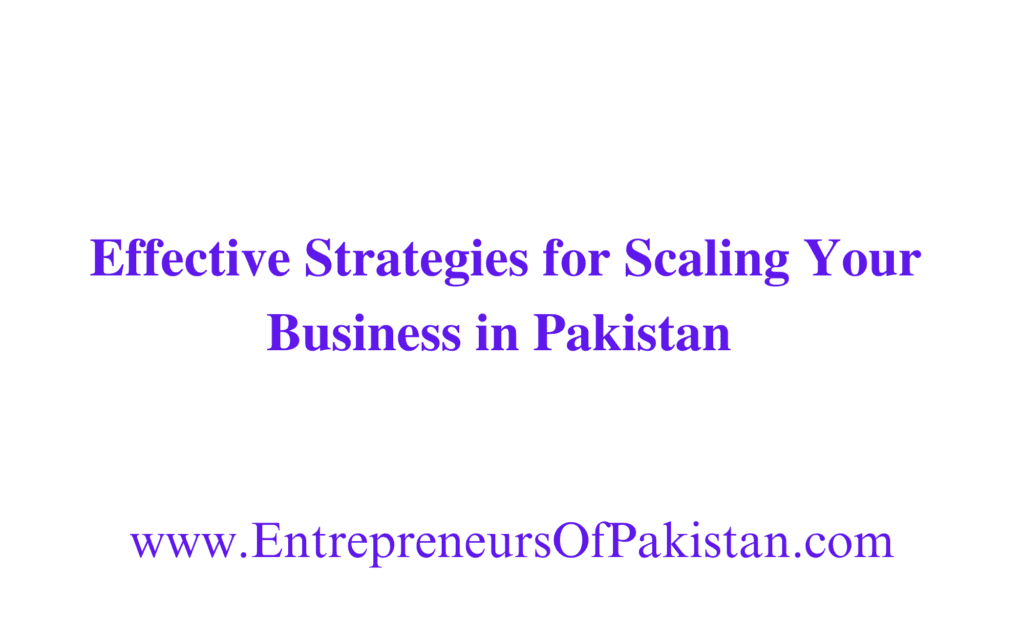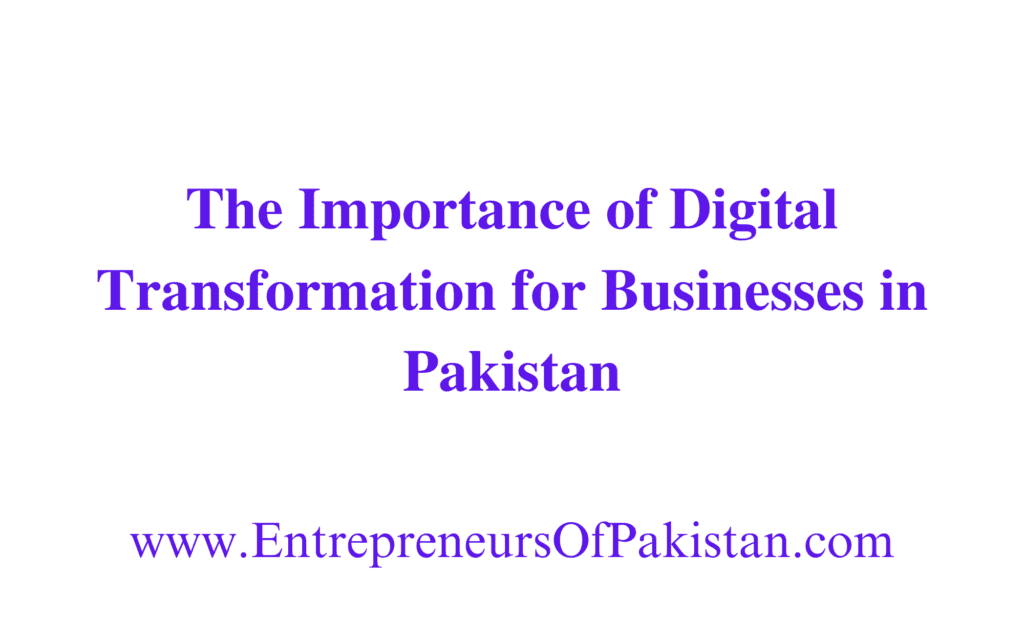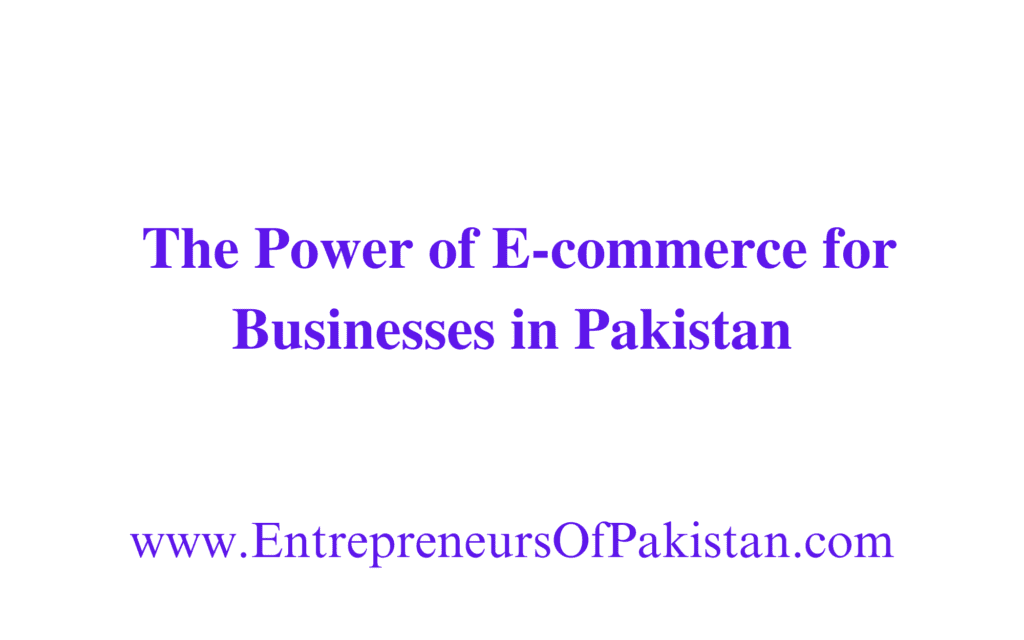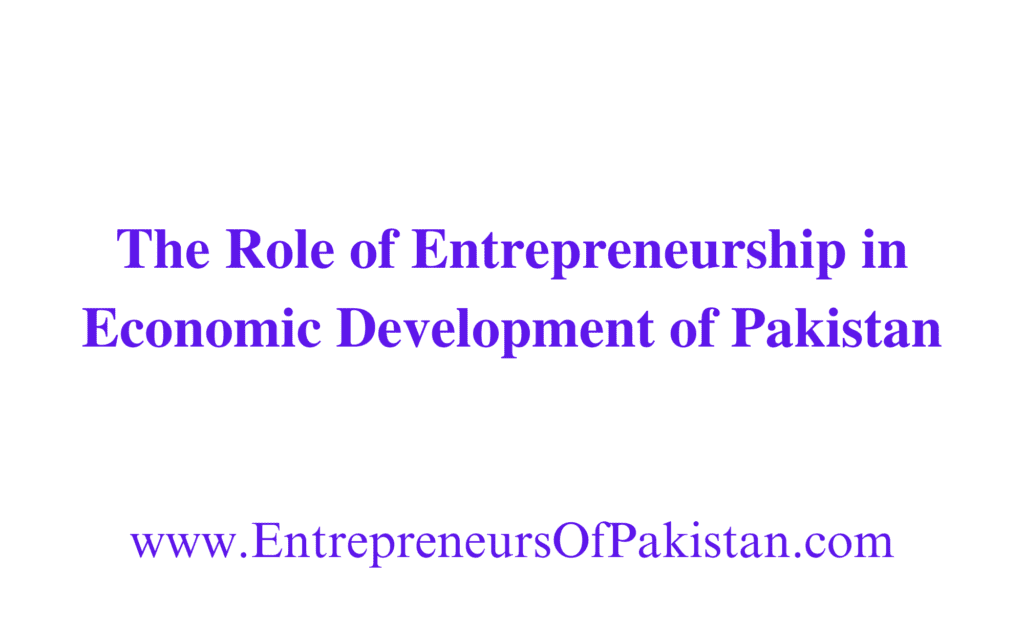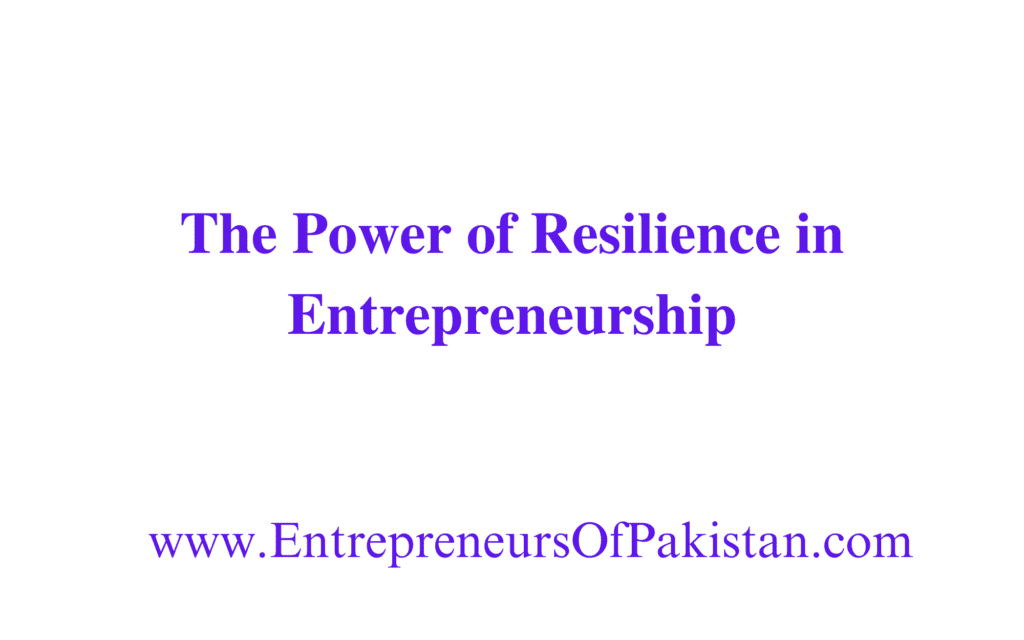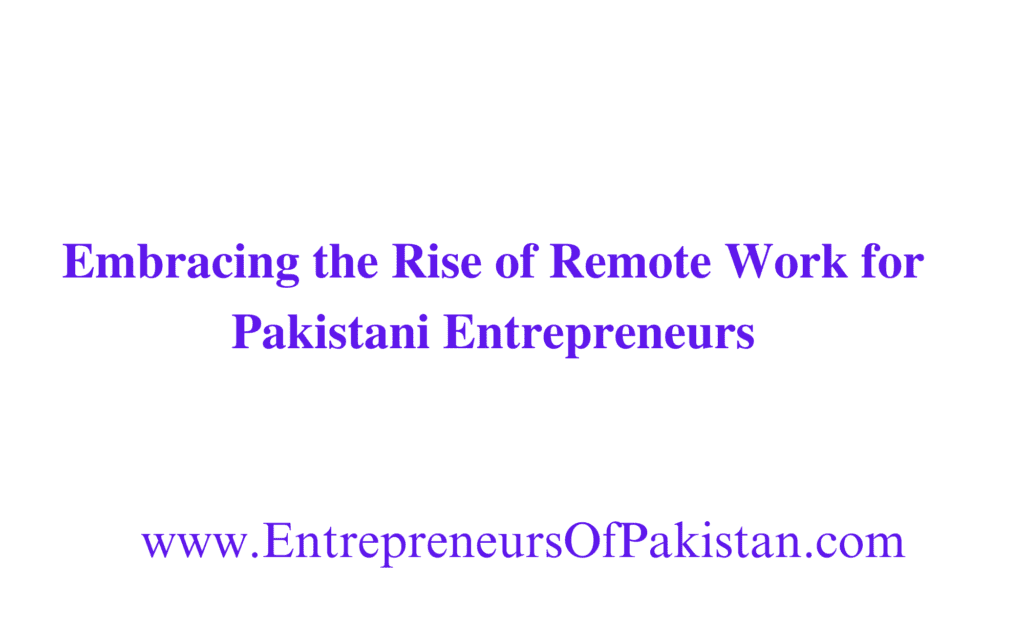Introduction:
Effective decision making is a critical skill for entrepreneurs. In this blog, we will explore the art of decision making and provide practical tips for entrepreneurs in Pakistan to make informed and effective decisions in their businesses.
Define the Decision:
Clearly define the decision you need to make. Identify the problem or opportunity and establish the desired outcome. By clarifying the decision, you can focus your efforts on gathering the necessary information and evaluating potential options.
Gather Relevant Information:
Collect all relevant information related to the decision at hand. Conduct thorough research, consult industry experts, analyze market trends, and gather data to support your decision-making process. Having reliable and up-to-date information ensures that you make well-informed choices.
Evaluate Pros and Cons:
Create a list of pros and cons for each potential option. Consider the potential benefits, risks, costs, and implications of each choice. By evaluating the pros and cons, you can objectively assess the potential outcomes and make a more balanced decision.
Consider Alternatives:
Explore alternative solutions or approaches to the problem or opportunity. Sometimes, there may be multiple paths to consider. Evaluate the feasibility and potential impact of each alternative, and assess whether they align with your goals and values. Considering alternatives allows for more comprehensive decision making.
Assess Risks and Mitigation Strategies:
Every decision carries a certain degree of risk. Identify potential risks associated with each option and develop strategies to mitigate or minimize those risks. Understanding and addressing risks proactively helps you make more calculated decisions and reduces the likelihood of negative outcomes.
Trust Your Intuition:
While data and analysis are important, don’t discount your intuition. Entrepreneurs often have a gut feeling or instinct that guides them. Pay attention to your intuition and factor it into your decision-making process. However, it’s important to balance intuition with rational thinking and data-driven analysis.
Seek Advice and Feedback:
Don’t hesitate to seek advice and feedback from trusted mentors, advisors, or industry peers. Sometimes, an outside perspective can provide valuable insights and alternative viewpoints. Engage in constructive discussions, listen to different perspectives, and consider the feedback before making your final decision.
Set Decision-Making Criteria:
Establish decision-making criteria based on your goals, values, and priorities. Determine the key factors that are crucial in evaluating options and use these criteria to guide your decision-making process. Having a set of criteria provides a framework for consistent and objective decision making.
Test Small or Pilot Projects:
If the decision involves significant investments or risks, consider testing small or pilot projects before fully committing. This approach allows you to gather real-world feedback, assess feasibility, and mitigate potential failures. Testing small helps validate your decision and provides opportunities for course correction if necessary.
Embrace Decision Agility:
Acknowledge that not all decisions will have guaranteed outcomes. Embrace decision agility by being open to learning from both successes and failures. Iterate, adapt, and adjust your decisions as needed based on new information or changing circumstances.
Conclusion:
Effective decision making is a crucial skill for entrepreneurs in Pakistan. By defining decisions, gathering relevant information, evaluating pros and cons, considering alternatives, assessing risks, trusting your intuition, seeking advice, setting decision-making criteria, testing small, and embracing decision agility, entrepreneurs can make informed choices that drive business success and growth.



